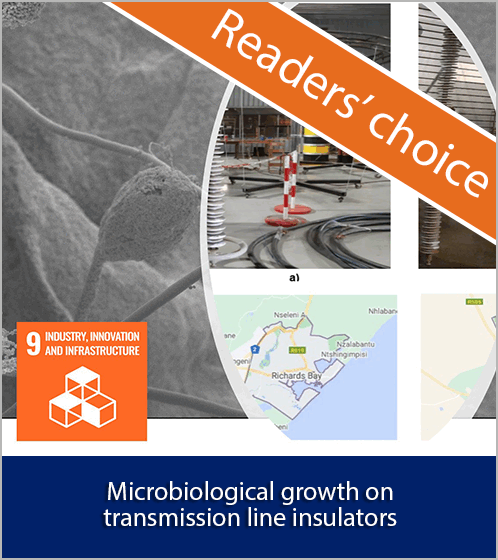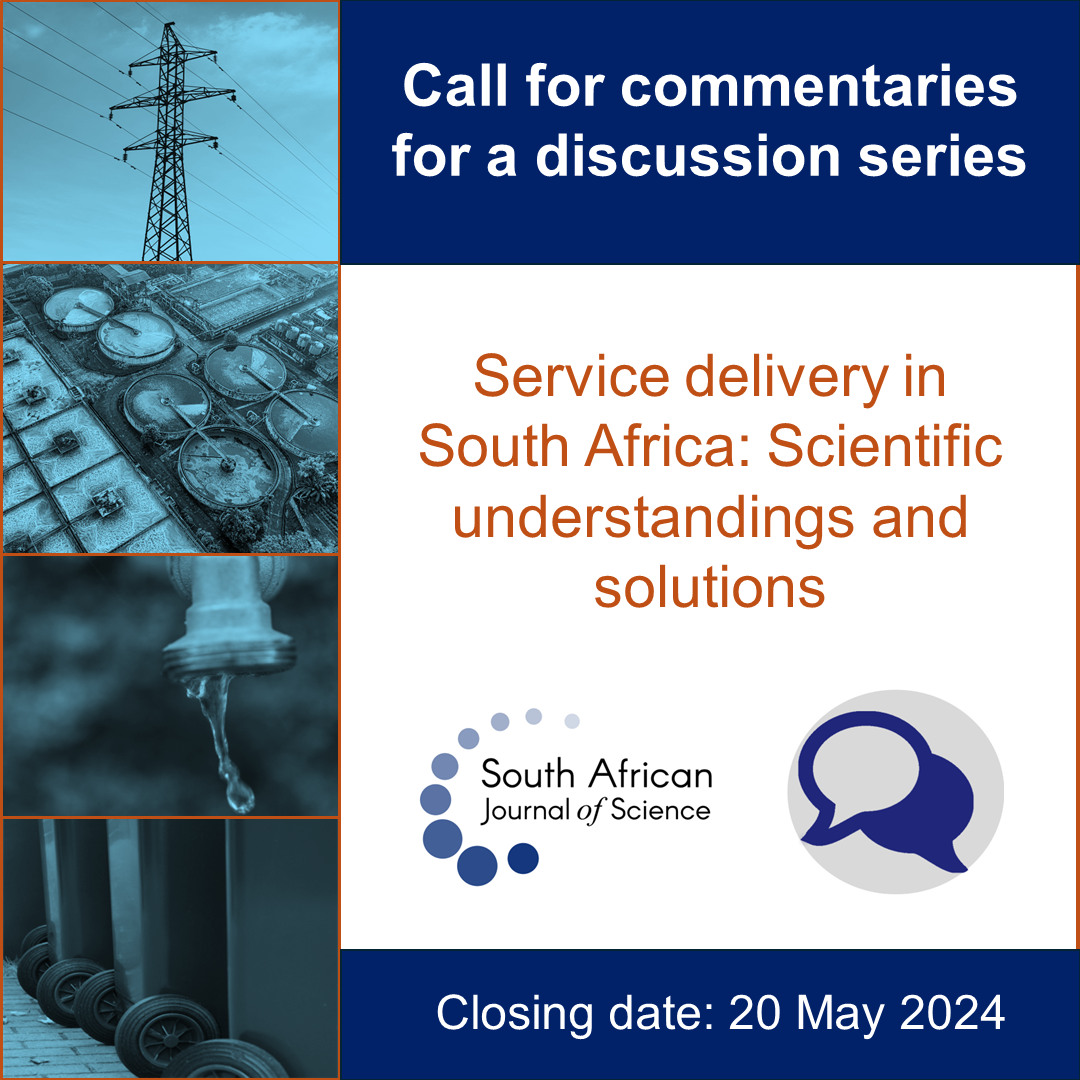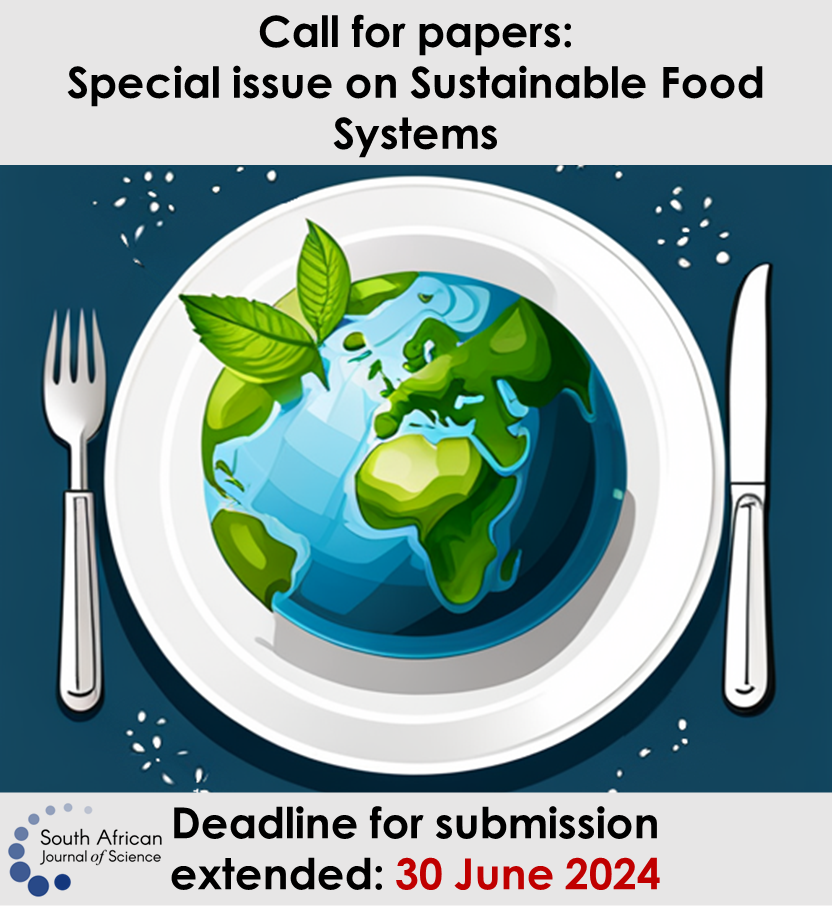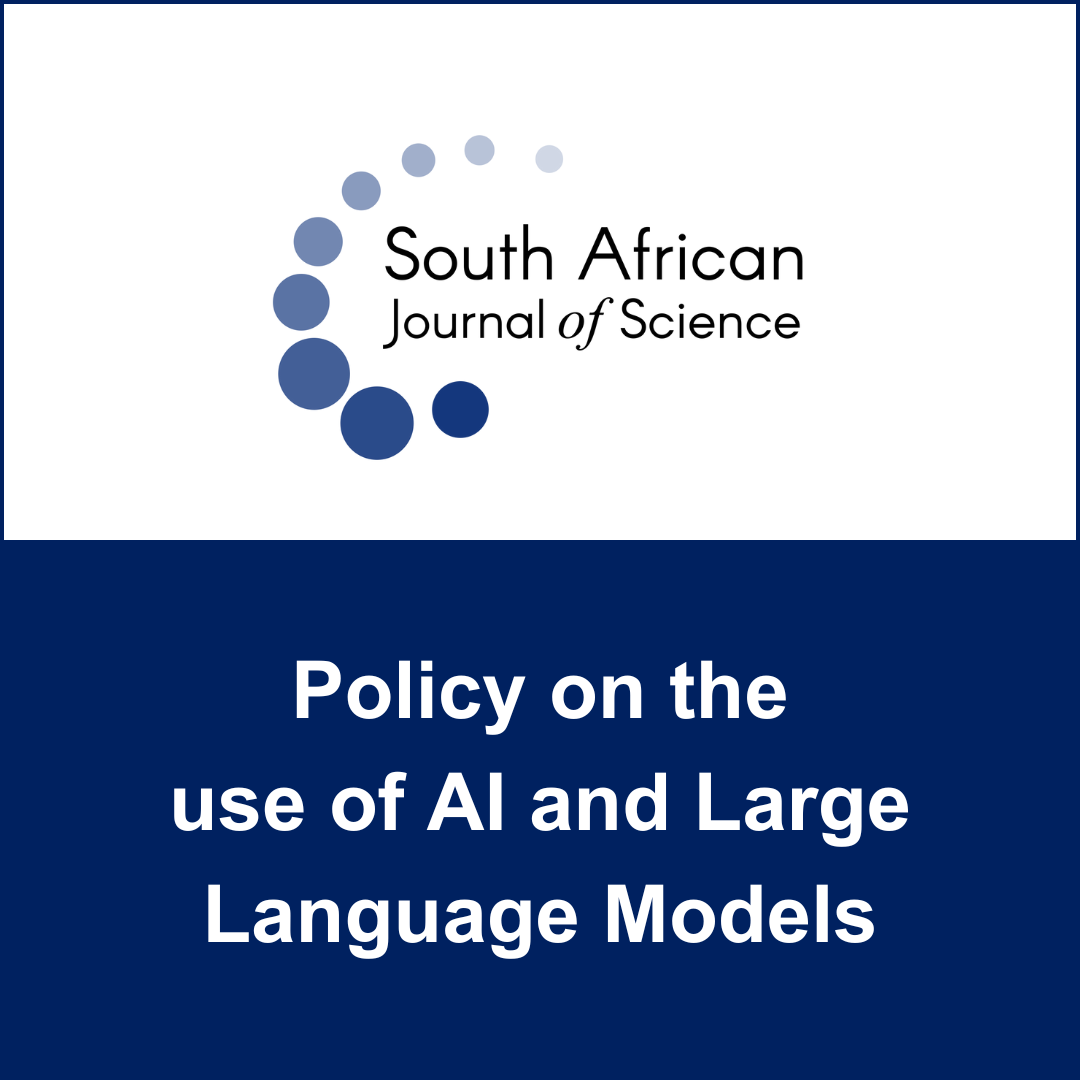A global approach to the gender gap in mathematical, computing and natural sciences: How to measure it, how to reduce it?
DOI:
https://doi.org/10.17159/sajs.2019/a0305Keywords:
Gender Gap project, International Science Council, Global Survey of PhysicistsPublished
2019-03-27
How to Cite
Gledhill, I. M., Roy, M.-F., Chiu, M.-H., Ivie, R., Ponce-Dawson, S., & Mihaljević, H. (2019). A global approach to the gender gap in mathematical, computing and natural sciences: How to measure it, how to reduce it?. South African Journal of Science, 115(3/4). https://doi.org/10.17159/sajs.2019/a0305
Issue
Section
Women in Science Without Borders: Commentary
License

All articles are published under a Creative Commons Attribution 4.0 International Licence
Copyright is retained by the authors. Readers are welcome to reproduce, share and adapt the content without permission provided the source is attributed.
Disclaimer: The publisher and editors accept no responsibility for statements made by the authors














.png)